 Starting November 1, Texas hospitals must ask patients about their citizenship status under a new mandate from Governor Greg Abbott’s Executive Order GA-46. On the surface, this may seem like a simple question, but the implications could be serious. Imagine being someone needing urgent medical care but afraid to go to the hospital because of citizenship questions. For many Texans, this could become a reality, and this fear might ripple out, affecting the health and safety of entire communities. Here’s why this order could endanger healthcare access for all Texans—and what we can do to help.
Starting November 1, Texas hospitals must ask patients about their citizenship status under a new mandate from Governor Greg Abbott’s Executive Order GA-46. On the surface, this may seem like a simple question, but the implications could be serious. Imagine being someone needing urgent medical care but afraid to go to the hospital because of citizenship questions. For many Texans, this could become a reality, and this fear might ripple out, affecting the health and safety of entire communities. Here’s why this order could endanger healthcare access for all Texans—and what we can do to help.
1. Fear of Citizenship Questions Will Keep People Away from Critical Care
Hesitation Among Noncitizens: The new requirement to ask about citizenship could make both documented and undocumented noncitizens afraid to seek care, even in emergencies. Many may worry that visiting a hospital could expose them to legal risks. Even though Governor Abbott’s office states that answers won’t affect patient care, the fear alone could keep people from seeking essential healthcare, leading to dangerous delays.
Disease Spread and Public Health Risks: Avoiding early treatment can spread contagious diseases, which can have devastating consequences. During the COVID-19 pandemic, delayed treatment and testing were major factors in transmission rates, and it became clear that public health relies on everyone having access to timely healthcare. The Centers for Disease Control and Prevention (CDC) warns that untreated infectious diseases spread more easily, especially in high-density communities. This policy could unintentionally increase community transmission of preventable diseases by deterring people from seeking care.
2. Increased Emergency Room Visits Will Strain Healthcare Resources and Raise Costs
Overflowing Emergency Rooms: When people delay or avoid preventive care, minor issues can quickly escalate into emergencies, creating added pressure on already-burdened emergency rooms. Texas has one of the highest uninsured rates in the country, with over 18% of residents lacking health insurance. This issue is especially challenging in rural areas, where emergency rooms are frequently the only source of immediate care and are already stretched thin.
Financial Impact of Delayed Care: Emergency room care is far more expensive than primary care. According to the Kaiser Family Foundation (KFF), avoidable emergency visits linked to delayed medical care cost the U.S. around $409 billion annually. With GA-46 discouraging noncitizens from accessing timely care, Texas could face even higher healthcare costs. This financial strain affects everyone, increasing the costs that ultimately trickle down to hospitals, insurers, and taxpayers alike.
3. Threatening Health Equity in Texas’ Most Vulnerable Communities
Unequal Access for Noncitizens and Minorities: While GA-46 states that citizenship questions won’t impact patient treatment, it could create a chilling effect, making certain groups feel unsafe seeking care. Texas is home to over 1.6 million undocumented individuals, many of whom work essential jobs and are integral to their communities. This policy could discourage these individuals from seeking care, increasing health disparities and jeopardizing public health.
Already Marginalized Groups Affected: Texas’ undocumented population includes racial and ethnic minorities who already face significant barriers to healthcare access. The National Association of Free and Charitable Clinics (NAFC) reports that over 40% of its patients are from minority backgrounds, and many of these individuals rely on free and accessible healthcare. By discouraging noncitizens from seeking care, GA-46 risks increasing health inequities and negatively impacting community health as a whole.
4. A Financial “Solution” That Misses the Mark
Unintended Financial Strain on Texas Hospitals: Emergency care for uninsured patients places a substantial burden on hospitals. In 2021 alone, U.S. hospitals absorbed over $42 billion in uncompensated care, according to the American Hospital Association. Texas hospitals, which already serve a large uninsured population, shoulder a significant portion of this burden. If GA-46 deters patients from seeking timely care, the resulting increase in emergency room visits could further strain the state’s healthcare system.
Increased Costs for Taxpayers: When hospitals face financial losses from uncompensated care, these costs are often passed on to taxpayers. Texas already has nearly one in six residents without health insurance, making emergency services the primary care option for many. If GA-46 increases emergency room dependency, taxpayer funding may need to fill the gap, driving up healthcare costs for all Texans.
Rural Hospitals at Greater Risk: Texas has more rural hospitals than any other state, yet many face financial instability. A Chartis Center for Rural Health report shows that 26% of Texas’ rural hospitals are at high risk of closure due to uncompensated care costs and an over-reliance on emergency services. If GA-46 leads to increased uncompensated care, rural facilities may be forced to cut services or close entirely, leaving entire communities without local healthcare options.
Impact on Statewide Healthcare Costs: The cost of treating uninsured Texans already exceeds $3 billion annually, a figure that will likely rise without accessible preventive care. A 2021 Health Management Associates report found that Texas could save an estimated $6 billion over the next decade by improving access to preventive care and reducing emergency room dependency. By deterring people from seeking primary care, GA-46 works against these potential savings, ultimately making healthcare more costly for everyone.
Compassionate Policies Benefit Us All
Healthcare policies should create access, not fear and barriers for vulnerable individuals. Executive Order GA-46 risks driving people away from essential healthcare, increasing emergency room use, and placing a heavier financial burden on Texas’ healthcare system. Compassionate, inclusive policies protect public health and ensure that our healthcare system is stronger and more sustainable for everyone.
How You Can Help: If you’re concerned about the future of healthcare in Texas, consider supporting the National Association of Free and Charitable Clinics (NAFC). Whether you want to volunteer, start a clinic in your community, or provide financial support, your contribution helps ensure everyone has access to essential care. Visit nafcclinics.org to learn more and get involved.
